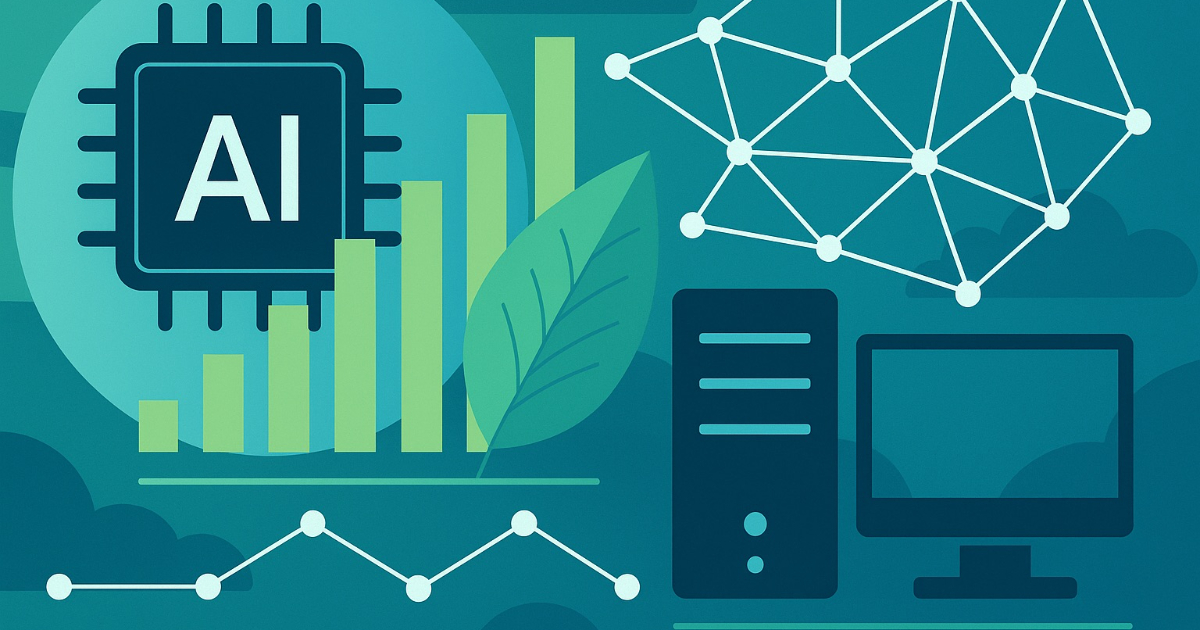
"Meta has developed an AI-based approach to improve the quality of Scope 3 emissions estimates across its IT hardware supply chain. The method combines machine learning and generative models to classify hardware components and infer missing product carbon footprint (PCF) data. Presented at the 2025 Open Compute Project summit in May, the work contributes to broader efforts to standardize emissions reporting and improve the quality of data used in procurement and decarbonization planning."
"At the heart of Meta's approach is a hybrid AI pipeline designed to improve data coverage and consistency. The system uses machine learning to estimate PCFs (Product Carbon Footprint) by identifying components with similar specifications. In parallel, a generative AI model classifies hardware into a shared taxonomy for Scope 3 reporting. The taxonomy model addresses a key friction in Scope 3 reporting: inconsistent naming and categorization of components across suppliers."
"By using generative AI to interpret part descriptions and unify them under a shared schema, Meta enables more consistent PCF assignment and reduces redundant disclosures for similar hardware. The result is a more complete and standardized dataset across Meta's fleet. The methodology supports open standards efforts through the iMasons Climate Accord and the Open Compute Project, and forms part of Meta's roadmap toward net-zero emissions by 2030."
Meta developed a hybrid AI pipeline to improve coverage, consistency, and quality of Scope 3 emissions estimates across its IT hardware supply chain. Machine learning estimates product carbon footprints by matching components with similar specifications, while a generative AI model classifies parts into a shared taxonomy that normalizes inconsistent part descriptions. Normalizing part descriptions enables consistent PCF assignment, reduces redundant disclosures for similar hardware, and produces a more complete, standardized dataset across the fleet. The approach aligns with open standards efforts, the taxonomy model is open-sourced to encourage supply-chain adoption, and the work supports a roadmap toward net-zero by 2030.
Read at InfoQ
Unable to calculate read time
Collection
[
|
...
]